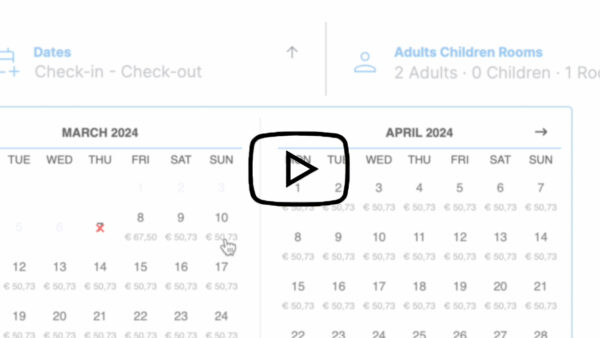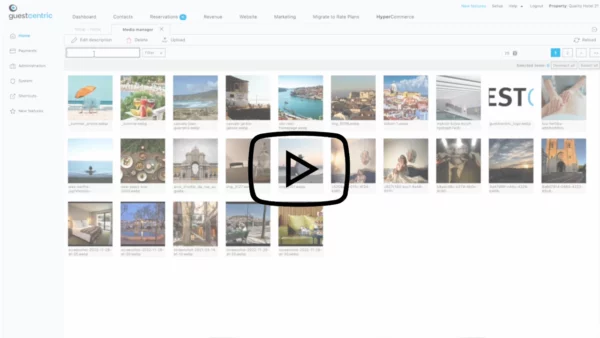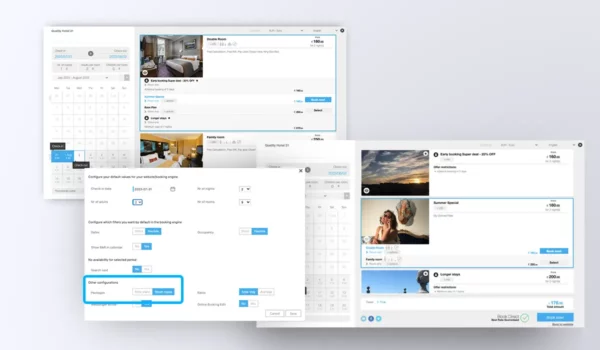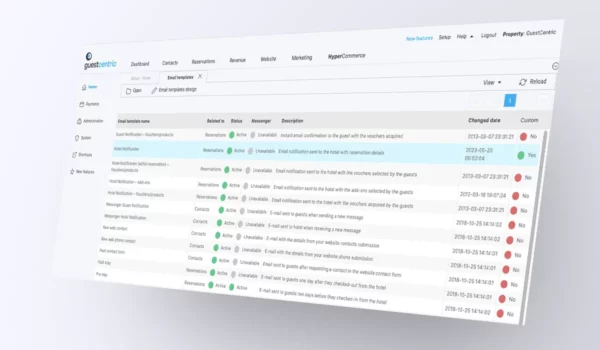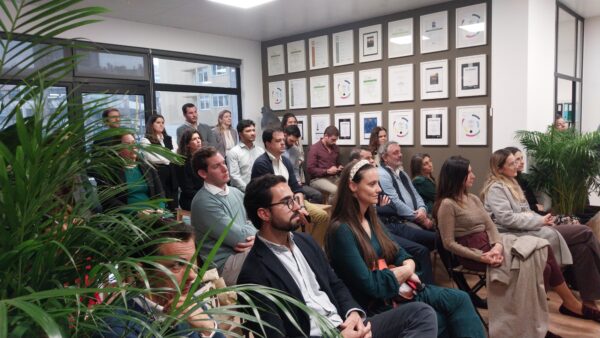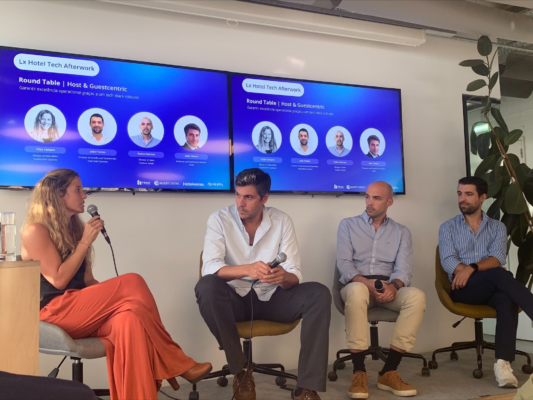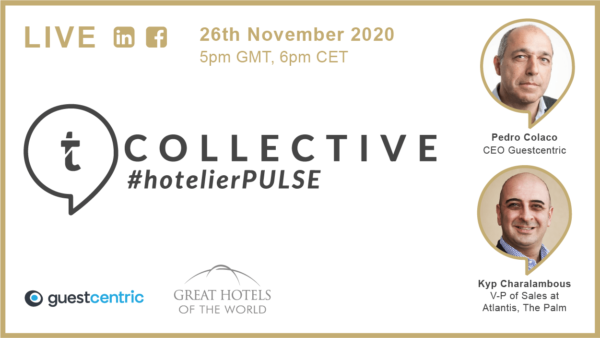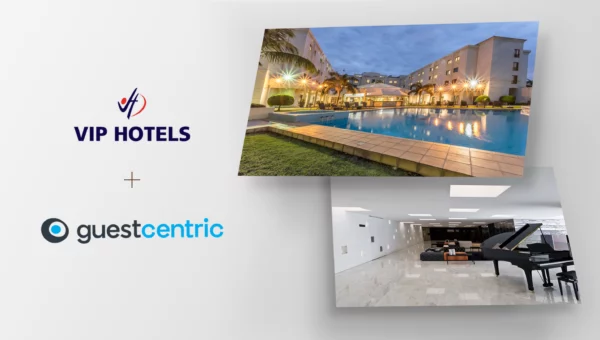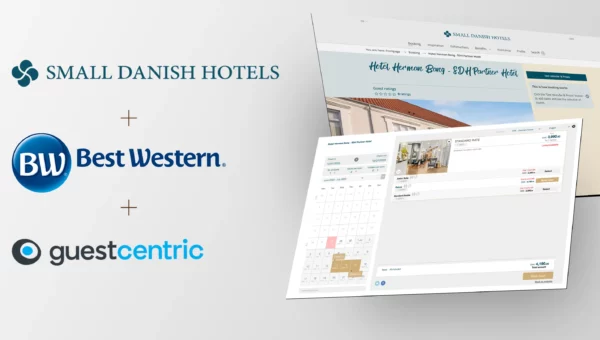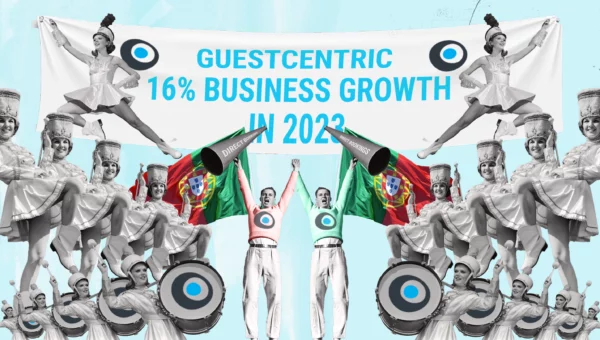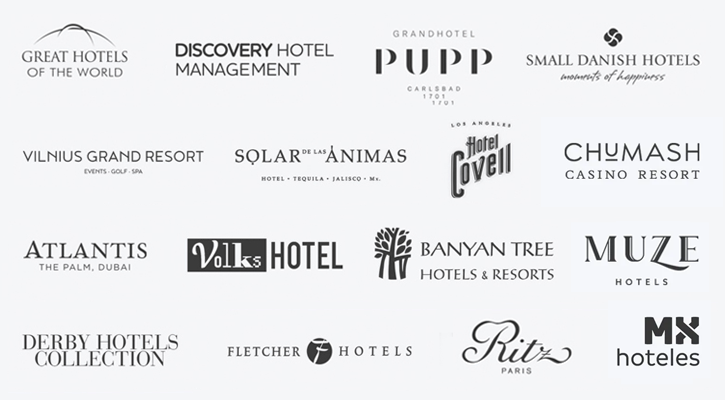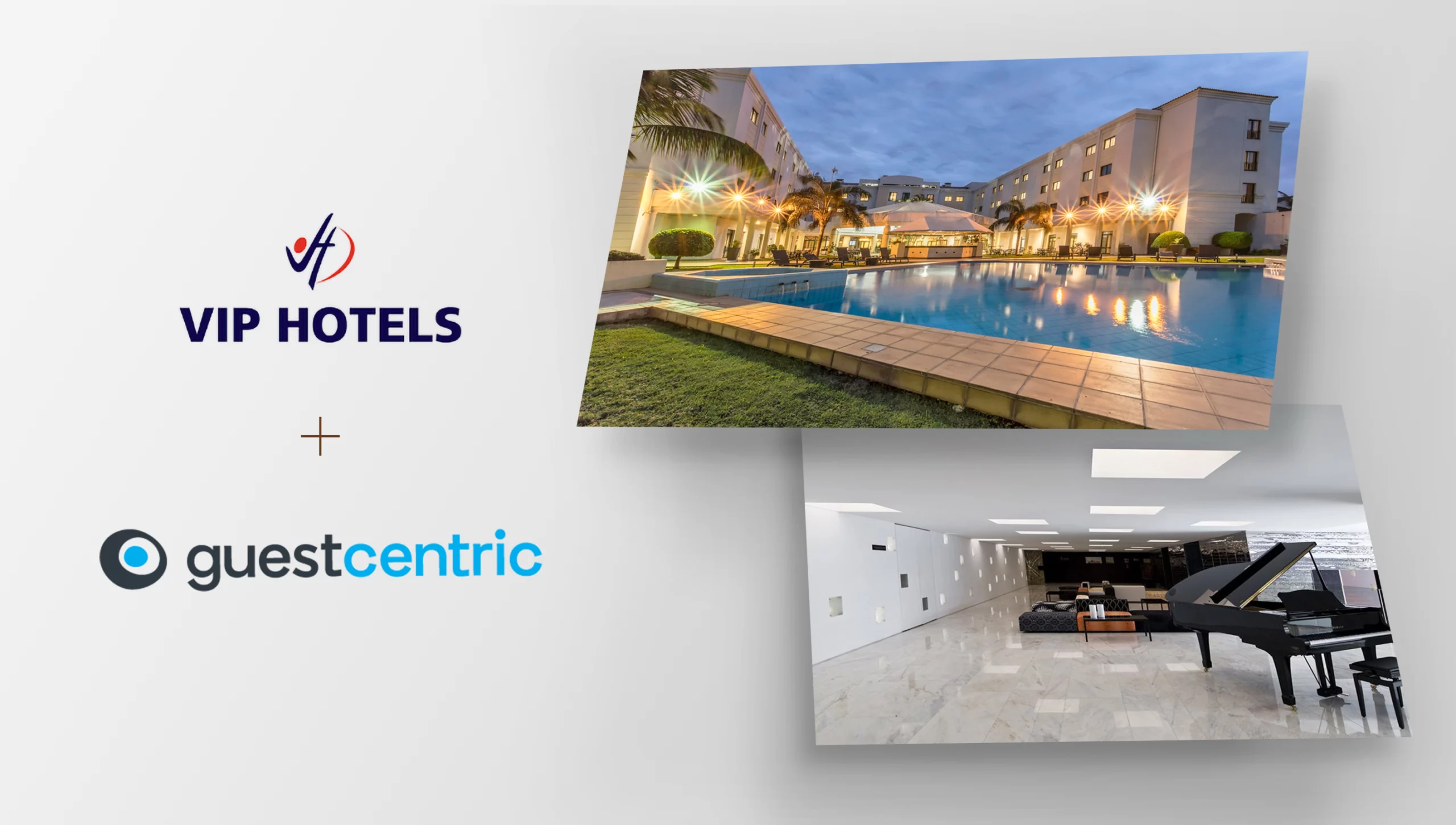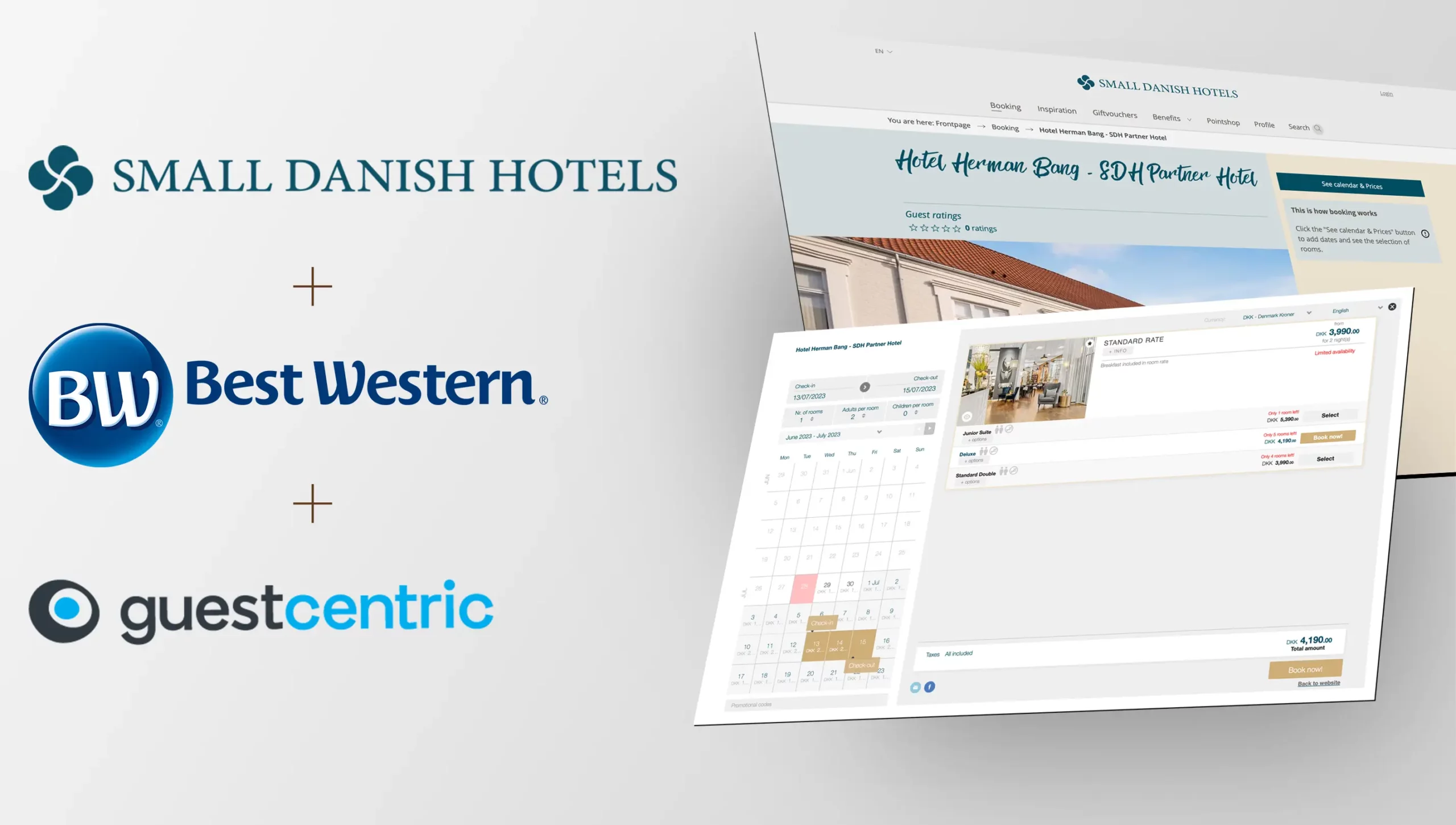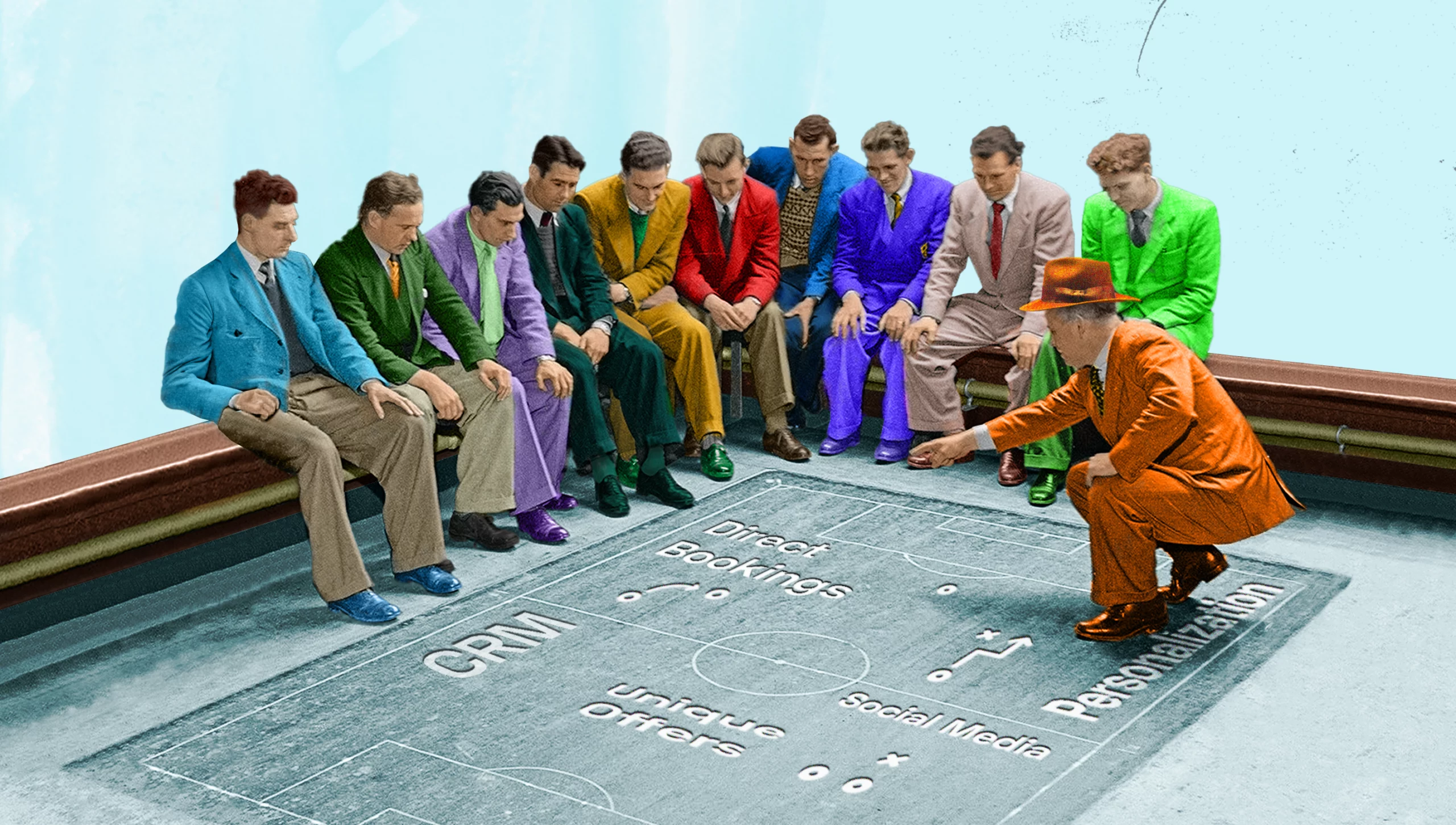3 Hotel HyperCommerce Tactics for Faster Direct Bookings
Reading Time: 4 minutesAccording to a study by the Max Planck Institute, Technical University of Berlin, Technical University of Denmark, and University College, the evolution of technology has shortened consumer attention spans by 33%, from 12 to 8 seconds since 2000.
This shift, influenced by the current information overload and digital distractions, impacts travelers like Zoe, a fictional character who represents today’s savvy and socially-connected travelers that seek quick and efficient travel information and experiences. Her quest for the perfect destination is influenced by stunning visuals on Instagram, compelling stories on travel blogs, and engaging videos on YouTube.
The abundance of options is exhilarating but also overwhelming. So, amidst an ocean of destinations, glittery social media posts, and hotels all vying for her attention, how can yours stand out from the rest and inspire her to book in just a few seconds? Keep reading this article to find out.
Simple, Your Hotel needs to reach her Sooner in the Funnel!
At the heart of Zoe’s travel-planning process is her use of platforms like TikTok and Instagram, where a single post from someone she knows can not only spark the desire for her next adventure, but also drive her to book. It’s here that she encounters the OceanView Hotel. The hotel’s presence on these platforms isn’t just about visibility; it’s a testament to their adaptation of portable and adaptable technology that caters to the seamless integration of inspirational content and transactional capability—allowing travelers like Zoe to easily transition from dreaming to booking.
The OceanView Hotel stands out by not only capturing her attention through compelling content on social media but also by offering an intuitive online experience that understands and anticipates her needs. From showcasing stunning visuals that promise unforgettable experiences to providing clear, accessible information and flexible pricing options, the hotel ensures that every step, from discovery to booking, is as exciting as the destination itself.
The significance of Zoe’s experience with the OceanView Hotel extends beyond her individual journey; it highlights the broader implications for the travel industry in the age of new media and AI. As consumer expectations evolve towards more personalized and efficient travel planning experiences, the necessity for hotels to embrace technology that can adapt and integrate with various platforms becomes paramount. This approach not only enhances the booking process but also aligns with the desires of a generation that values both the spontaneity of discovering new destinations on social media and the ease of a seamless booking experience. By adopting such HyperCommerce strategies, hotels can ensure they remain competitive and relevant in an ever-changing digital landscape, where the line between inspiration and transaction continues to blur.
3 Hotel HyperCommerce Strategies for Transformative Hotel Growth
Considering that hotels have virtually only one shot to make a good first impression and win those direct bookings in today’s rapid-moving world of online travel, how can you ensure your hotel maximizes the opportunities from emerging generations of travelers such as gen z? Let’s delve deeper into 3 transformative strategies that can help hotels not just survive but thrive in this dynamic digital landscape.
1. Make sure the Price is Right for your Guests when they Book Direct
It’s important that your rates incentivize guests to book on your direct channels. By leveraging tools to tailor and deploy special rates in line with specific social networks, influencers, or other specific campaigns, hotels can make memorable experiences more accessible. These tools also enable hotels to track performance.
For example, hotels can amplify the impact of their tailored rates by incorporating designated promotion codes in partnerships with influencers or aligning them with specific campaigns on social networks. This strategy not only extends the reach of their offers but also taps into the trust and engagement influencers have with their followers.
By connecting special rates to specific campaigns or influencers, hotels can target niche markets more effectively, leveraging the credibility and audience of their partners to attract new guests who are likely to have a genuine interest in the personalized experiences the hotel offers.
2. Tap into the Power of your CRM to Personalize the Guest Experience
By analyzing guest data in your CRM, you can identify preferences and patterns that allow you to customize your communications and services, making each guest feel uniquely valued.
To help you do this, you could implement an “Email Rewards” program that incentivizes guests to provide their email addresses in exchange for exclusive offers or discounts at check-in or via your hotel’s website. This strategy not only simplifies the collection of valuable guest information but also fosters stronger relationships through personalized communication, encouraging repeat visits and referrals, thereby bolstering your marketing efforts and building lasting guest connections.
Through these tailored interactions, you transform standard guest engagements into memorable, personalized experiences that drive satisfaction, loyalty, and advocacy.
3. Give Guests Flexibility to make their Decision
As costs continue to increase, offering temporary options can significantly enhance guest satisfaction by providing them with control over their travel expenditures and planning. A practical implementation of this concept is the use of features like RezLock, which allow guests to lock in a specific rate for a future date during a certain period of time.
This is a well-known feature in airlines, and it makes sense for hotels, too. For example, a hotel could offer guests browsing its website the option to lock a specific rate for their stay during a peak season or special event. This can be particularly appealing for early planners or those attending annual events who are looking to secure the best possible deal, but need some time to confirm travel plans or confirm other arrangements without worrying about price changes. By securing their accommodation at a locked-in rate, guests can budget more effectively for their trip, knowing they’ve secured a favourable deal.
Integrated Technology – The Key to HyperCommerce Success
For hotels to achieve the aforementioned strategies effectively, the integration of their technology systems, including the property management system (PMS), CRM, and pricing tools, is essential. This integration facilitates HyperCommerce by offering seamless and personalized guest experiences, automating updates across platforms when a guest books and tailoring interactions to their preferences, from reservation to post-stay. Furthermore, training staff to use these integrated systems improves guest service and interaction, fostering loyalty and positive recommendations.
In short, HyperCommerce combines technology with a personal touch, which is key for hotels aiming to strengthen direct business and build meaningful relationships with guests.


